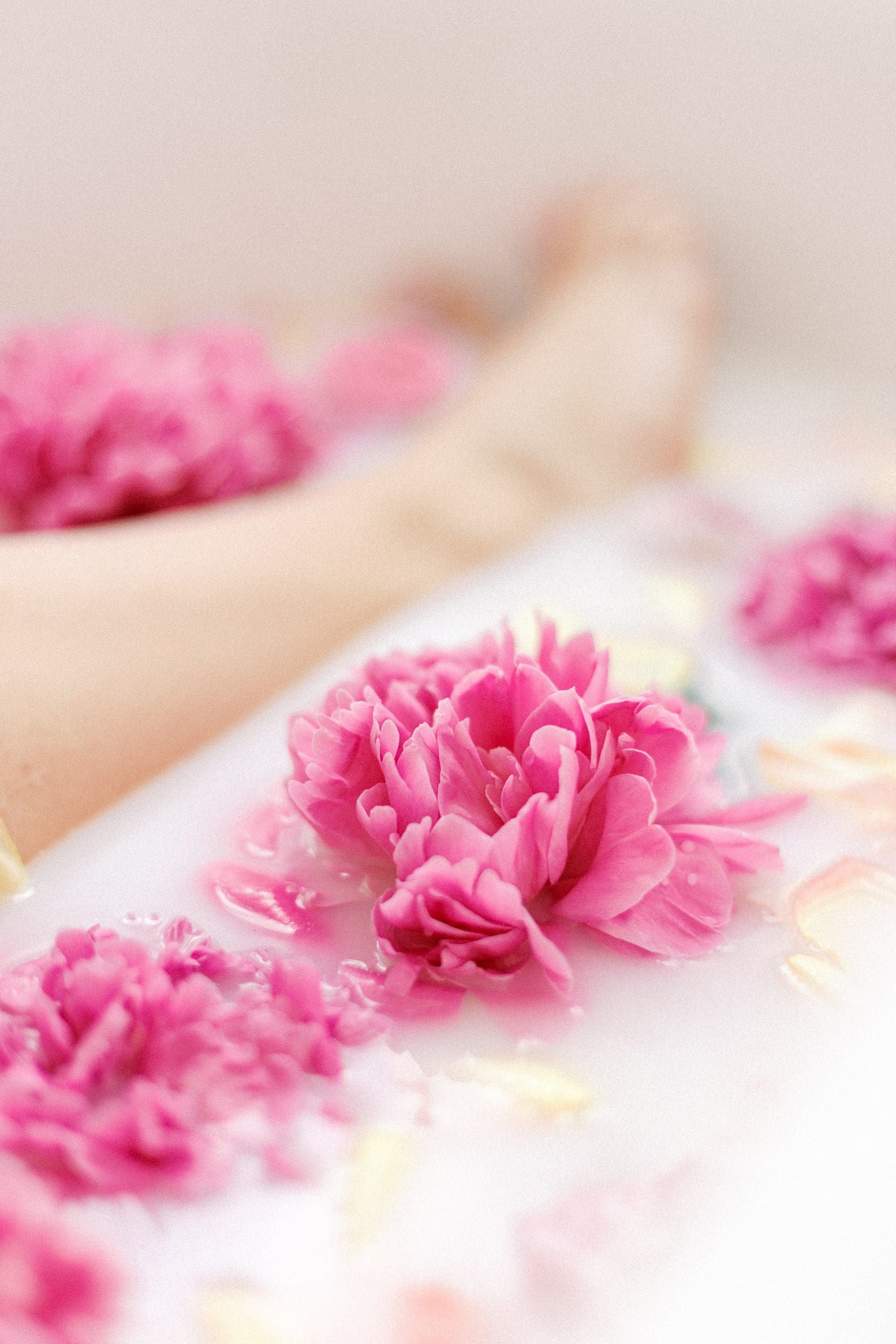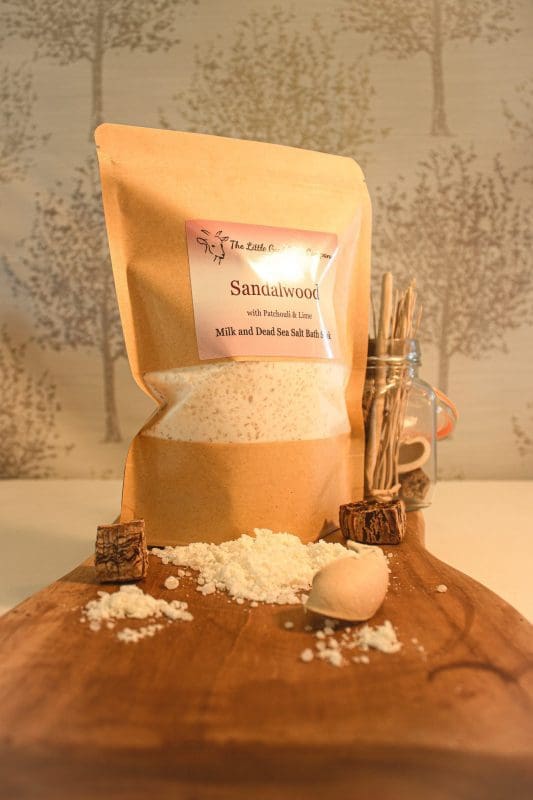


One of the most famous users of milk baths was Cleopatra, the queen of Egypt. According to legend, she would bathe in milk and honey to keep her skin soft and supple. This practice was later adopted by the Roman Empire, and milk baths became a symbol of luxury and indulgence.
During the Renaissance, milk baths were recommended as a treatment for various skin conditions, such as psoriasis and eczema. This was due to the belief that the lactic acid in milk could help to exfoliate the skin and reduce inflammation.
Today, milk baths are still a popular self-care practice, with many people incorporating them into their skincare routines to nourish and soothe their skin.

Milk baths offer numerous benefits for your skin, including:
Milk contains fats, proteins, and vitamins that can help to moisturize and nourish your skin. The fats in milk act as natural emollients, which can help to soften and smooth the skin. The proteins in milk, such as casein, can also help to strengthen the skin's barrier and protect it from environmental stressors.
Milk contains lactic acid, which is a natural exfoliant. Lactic acid can help to remove dead skin cells and impurities from the skin's surface, leaving it looking smoother and brighter. This can be especially beneficial for people with dry, rough, or uneven skin.
Milk baths can be particularly helpful for people with skin conditions such as psoriasis and eczema. The lactic acid in milk can help to reduce inflammation and soothe the skin, while the moisturizing properties of milk can help to alleviate dryness and itchiness.
In addition to its skin benefits, milk baths can also be incredibly relaxing for the mind and body. The warm water and soothing properties of milk can help to reduce stress and promote relaxation, making it an ideal self-care ritual after a long day.
We love taking an indulgent milk bath, especially when we use one of our Goat Milk Bath soaks!
Our Goat Milk Bath Soaks are available in the following scents:
Goat milk is known for its high content of vitamins and minerals, including vitamins A, B6, B12, and E, as well as calcium, potassium, and magnesium. These nutrients work together to hydrate and nourish the skin, leaving it feeling soft and smooth. Additionally, goat milk contains alpha-hydroxy acids, including lactic acid, which is a key component of milk baths.
Our entire range of Goat Milk Bath Soaks is made using only natural high quality ingredients, that are safe for skin and help to nourish dry, cracked or sensitive skin.
To use our bath soaks, start to fill your bath with warm water, once half full, simply add a couple of tablespoons to the bath and use your hand to distribute the bath soak throughout the water, once the bath soak is fully mixed, continue to fill your bath to your desired depth. Enjoy!

One of the key ingredients in milk that makes it so beneficial for the skin is lactic acid. Lactic acid is an alpha-hydroxy acid (AHA) that is commonly used in skincare products for its exfoliating and brightening properties.
When applied to the skin, lactic acid works by breaking down the bonds between dead skin cells, allowing them to be easily removed from the surface of the skin. This can help to unclog pores, reduce the appearance of fine lines and wrinkles, and leave the skin looking brighter and smoother.
Lactic acid also has the ability to help regulate the skin's pH balance. This is important because the skin's natural pH is slightly acidic, which helps to protect it from harmful bacteria and other environmental stressors. When the skin's pH is disrupted, it can lead to inflammation and other skin issues.
By helping to regulate the skin's pH, lactic acid can help to keep the skin healthy and functioning properly. This is why it's such a popular ingredient in skincare products, and why milk baths can be so beneficial for the skin.